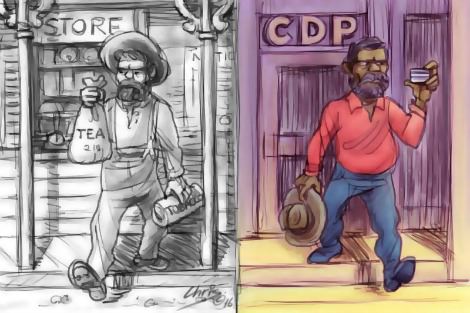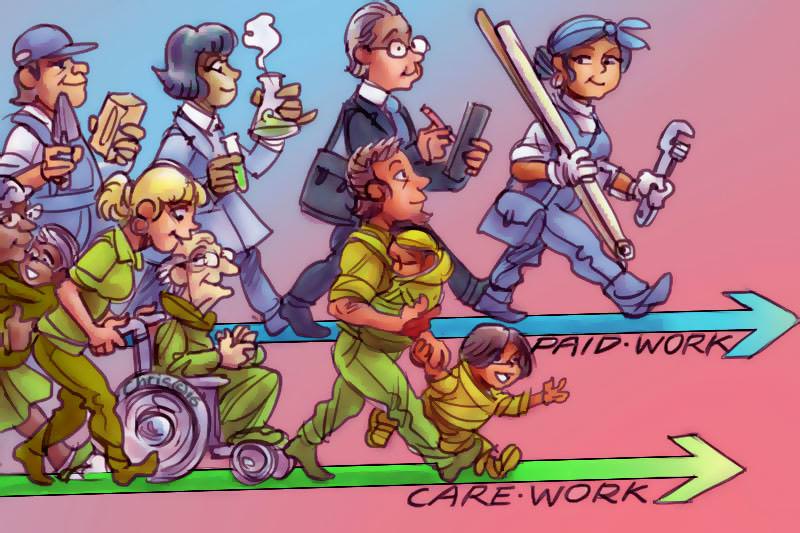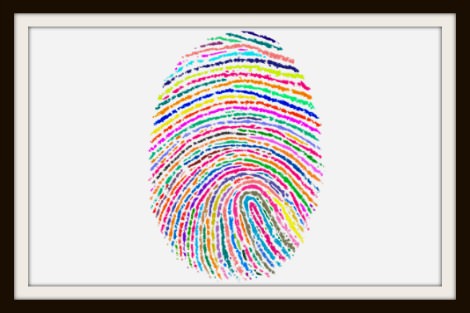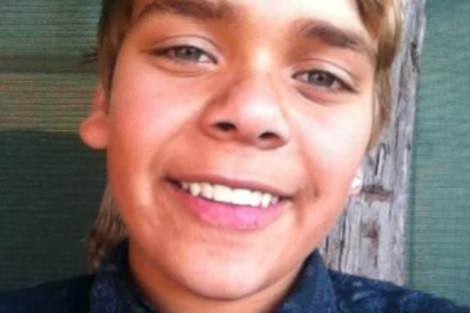Keywords: Indigenous Rights
There are more than 200 results, only the first 200 are displayed here.
-

AUSTRALIA
- Celeste Liddle
- 02 December 2016
8 Comments
Indigenous workers of previous generations struggled and undertook strike actions so that their descendants would not be exploited and abused in the same way that they had been. While we may have many more Aboriginal people achieving and attracting higher waged work than we did in the years gone by, the exploitation of the most vulnerable in our community continues. The years may have ticked over, but the government's attitude to the value of Indigenous workers has not.
READ MORE
-

ENVIRONMENT
- Frank Brennan
- 28 November 2016
'No matter what the economic, political and legal problems confronted by modern day India, our response can be improved by an application of the key principles and norms developed in the international law of trade and human rights, helping to enunciate the realm of law, regulation and political accountability, enhancing public scrutiny providing the right environment for doing business.' Frank Brennan presents the 25th JRD Tata Oration, Xavier School of Management, Jamshedpur, India, 26 November 2016.
READ MORE
-

AUSTRALIA
- Kate Galloway
- 25 November 2016
2 Comments
Civil society requires care work. All of us, at various stages of our lives, will be dependent on others for our daily needs. Most of us will likewise care for others at some point. The challenge is how to allocate caring responsibilities throughout society, while allowing also for the paid work that secures economic independence. At the moment the tacit expectation that women will do unpaid care work - and that men (theoretically) are unburdened by care work - contributes to economic inequality.
READ MORE
-

AUSTRALIA
- Frank Brennan
- 31 October 2016
3 Comments
'First warning: if you're going to be serious about a Human Rights Act, make sure that your government departments are sufficiently resourced and encouraged to produce meaningful statements of compatibility. Second warning, especially in a unicameral legislature: make sure that your parliamentary committee on human rights has sufficient muscle and status to arrest the progress of any bill until it has been thoroughly scrutinised for human rights compliance.' Frank Brennan's remarks at the Fringe Conference of the 2016 Queensland ALP Convention.
READ MORE
-

AUSTRALIA
- Andrew Hamilton
- 19 October 2016
7 Comments
Promos suggest you can choose your identity. Join a tour to Kurdistan and you can become an adventurer. Buy an Aussie flag, sing loudly about boundless plains, and you can become a dinky di Aussie. Identity, however, is more subtle. It is formed by relationships, to the human race, to body, to place of birth, to language, to the significant adults of childhood, to possessions, to education and work, to hobbies, religions and political parties and to all the people met through these relationships.
READ MORE 
-

AUSTRALIA
- Frank Brennan
- 13 October 2016
2 Comments
With idealism and pragmatism, I invite you criminal lawyers in the next 30 years to imagine and enact a better criminal justice system which alleviates rather than exacerbates the devastating effects of colonisation and marginalisation on Indigenous Peoples, and most particularly their children. An intelligently designed criminal justice system must help secure the foothold of Indigenous children in both the Market and the Dreaming.
READ MORE
-

AUSTRALIA
- Bronwyn Lay
- 09 September 2016
17 Comments
When I read this week that Tony Abbott and John Howard will hear no talk of a Treaty with Aboriginal Australia, my first thought was 'Who listens to these blokes from ancient political history?' Abbott conceded that it is important to recognise Indigenous Australians were here first, 'But once it goes beyond that I think you open up all sorts of other things.' That is true, and those other things to be opened up are incredibly legally exciting and relevant to our times.
READ MORE 
-

AUSTRALIA
- Kate Galloway
- 06 September 2016
5 Comments
This is the scandalous state of Indigenous affairs in Australia. Aboriginal and Torres Strait Islander people and their communities literally face a life and death struggle against the state itself. These are not isolated incidents. They represent the intrinsic failure of our society to heed the concerns of communities themselves, and to engage with fellow citizens in a dignified and respectful way. The failure is so grave that state treatment meted out to Indigenous Australians is actively harmful on a large scale.
READ MORE 